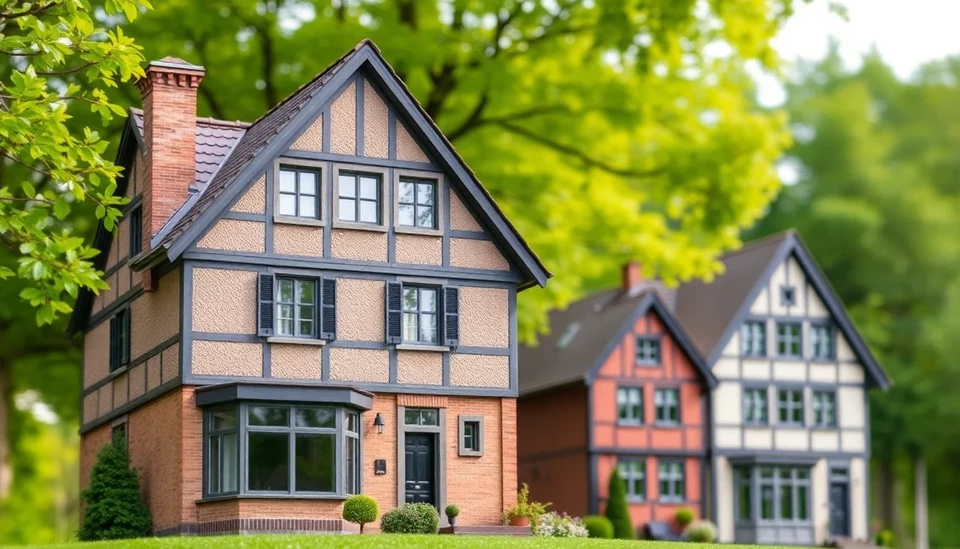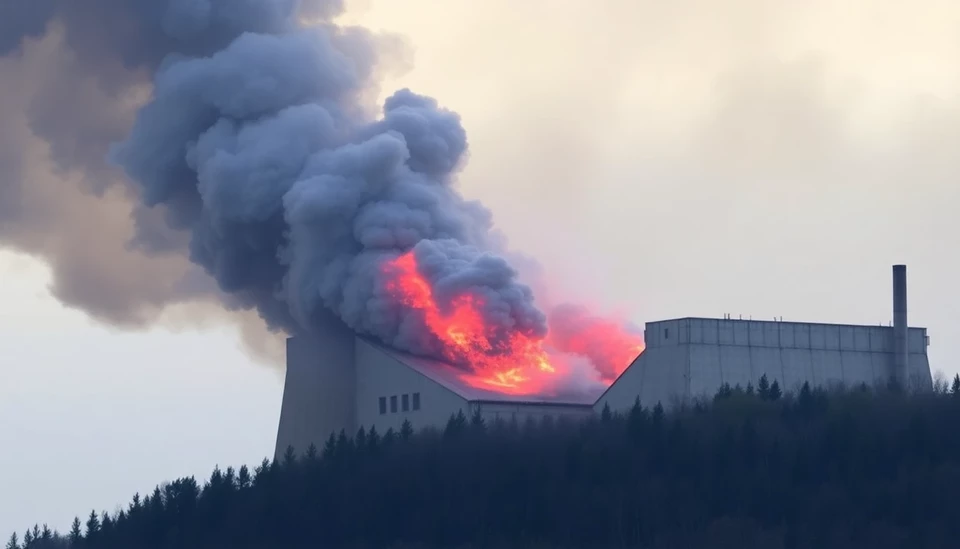
Germany's economy is currently facing significant challenges, which have led to a stagnation in the property market's recovery efforts. The economic slowdown, driven by high inflation and increasing energy costs, has left many potential homebuyers and investors in a state of hesitation. This scenario not only impacts individual purchasing decisions but also poses a broader threat to the overall stability of the German real estate market.
The latest reports reveal that the fallout from rising interest rates has been particularly severe. With the European Central Bank (ECB) implementing successive rate hikes to combat inflation, borrowing costs have surged. Many potential buyers are now reconsidering their options amidst the fear of overextending themselves financially. The rising cost of mortgages has contributed to a decline in housing demand, dampening sales across the sector.
Additionally, the economic environment has led to an increase in rental prices without a corresponding increase in wages. As living costs escalate while wages remain stagnant, many individuals find it difficult to transition from renting to owning properties. This imbalance is creating a precarious situation for many families, exacerbating the already strained housing market.
Despite these challenges, some analysts remain cautiously optimistic about the long-term outlook for the property sector. They point to stable employment rates and a continued demand for housing in urban areas as potential positive indicators. However, until there is a significant improvement in economic conditions, the property market is likely to remain sluggish.
Moreover, the construction sector is also feeling the pinch. Rising materials costs and stringent regulations have resulted in project delays, causing a ripple effect that further complicates the recovery process. The German government has attempted to alleviate some of these pressures through economic reforms and incentives aimed at stimulating growth, yet the effectiveness of these measures remains to be seen.
In conclusion, Germany's economic struggles are intricately linked to the stagnation of its property market. As consumers navigate the challenging economic landscape, the hope for a swift recovery appears dim. Stakeholders in the real estate sector are left to wait and see how these trends will evolve as they seek to adapt to an ever-changing environment.
<>#> #Germany #Economy #PropertyMarket #RealEstate #HousingCrisis #InterestRates #Inflation #ConstructionSector #InvestmentStrategies #EconomicRecovery #<
Author: Samuel Brooks




